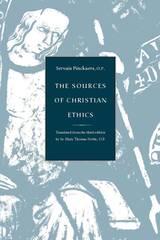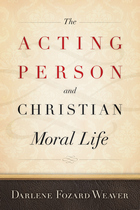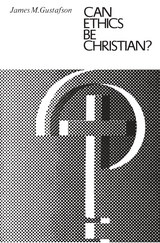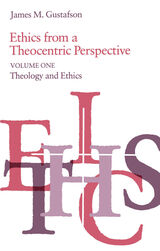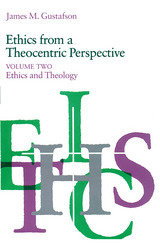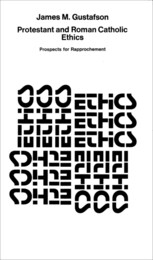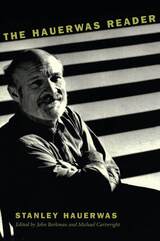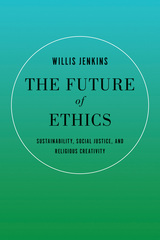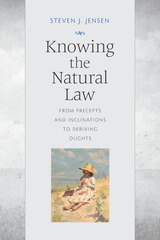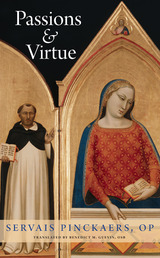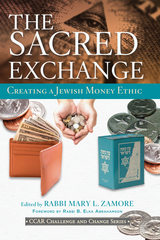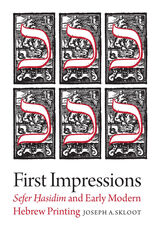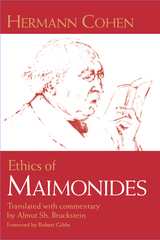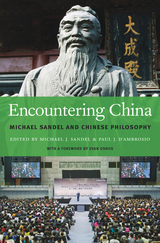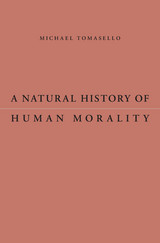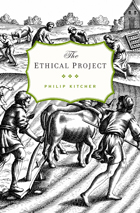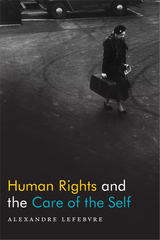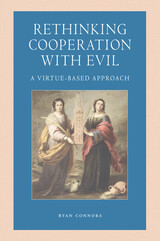Paper: 978-0-87840-383-7
Library of Congress Classification BJ1251.W46 2002
Dewey Decimal Classification 241.092273
In this careful analysis and evaluation of the monumental influence of Niebuhr, Werpehowski traces four streams that flow from Niebuhr's theology, particularly as it deals with ethics. In a tightly knit and comprehensive investigation of the work of four contemporary ethicists, important in their own right, Paul Ramsey, Stanley Hauerwas, James Gustafson, and Kathryn Tanner, Werpehowski explores how the legacy of Niebuhr has made an impact on their thought and work. He presents a clear, concise, nuanced, analytical criticism of the development of the four ethicist's construction of ethics-and does it in a way that interweaves and puts the four into a dialogue and conversation with Niebuhr and each other.
Addressing a number of substantive issues, including the viability of just war tradition and the relationship between "church" and "world," American Protestant Ethics and the Legacy of H. Richard Niebuhr demonstrates that Christian ethics operates within a set of polar tensions and that such "conversations" as are developed within need to be a part of moral discourse inside and between a variety of communities of faith.
See other books on: 1894-1962 | Christian ethics | Legacy | Protestant churches | Werpehowski, William
See other titles from Georgetown University Press

